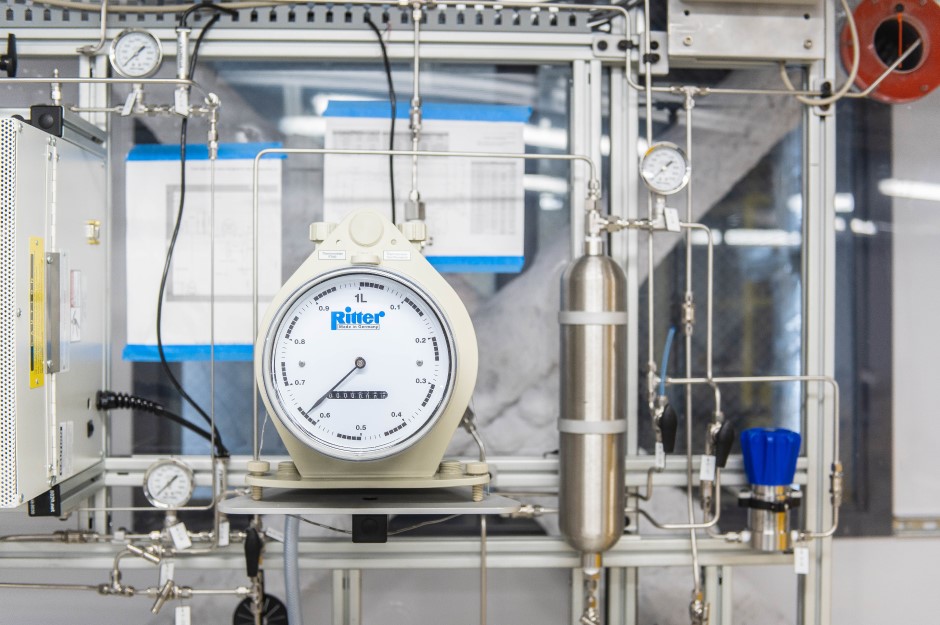Biomass derived feedstock is a renewable, carbon-neutral resource that can potentially substitute fossil fuels order to produce fuels and/or value-added chemicals.

Biomass derived feedstock is a renewable, carbon-neutral resource that can potentially substitute fossil fuels order to produce fuels and/or value-added chemicals. British Columbia has abundant capacity to produce crude bio-oil from lignocellulosic biomass via fast pyrolysis. However, fast pyrolysis oil (FPO) is unstable and typically has high oxygen content in the form of carboxylic acids and water. FPO must be upgraded to reduce the viscosity, corrosivity and to increase the energy density before it can be used as transportation fuel or refinery feed.
A bio-oil upgrading unit has been commisioned for conversion of biomass-derived pyrolysis oils into high quality liquid fuel. The unit consists of a heated reactor packed with a bed of solid catalyst and a continuous supply of liquid feed and hydrogen gas. The upgrading process occurs in two stages – mild catalytic esterification followed by deep hydrodeoxygenation (HDO). The pilot-scale reactor is designed to operate continuously in order to generate sufficient sample volumes of upgraded bio-oil that will further undergo engine combustion tests. This unit will be used to conduct studies aimed at identifying efficient catalysts and process conditions to increase overall process carbon yield and degree of HDO. These studies are expected to play an important role in justifying the economic and technological potential of bio-fuels, ultimately championing the energy industry’s transition from fossil fuels towards bio-fuels.
Contact Information: Dr. Kevin Smith, Project Lead